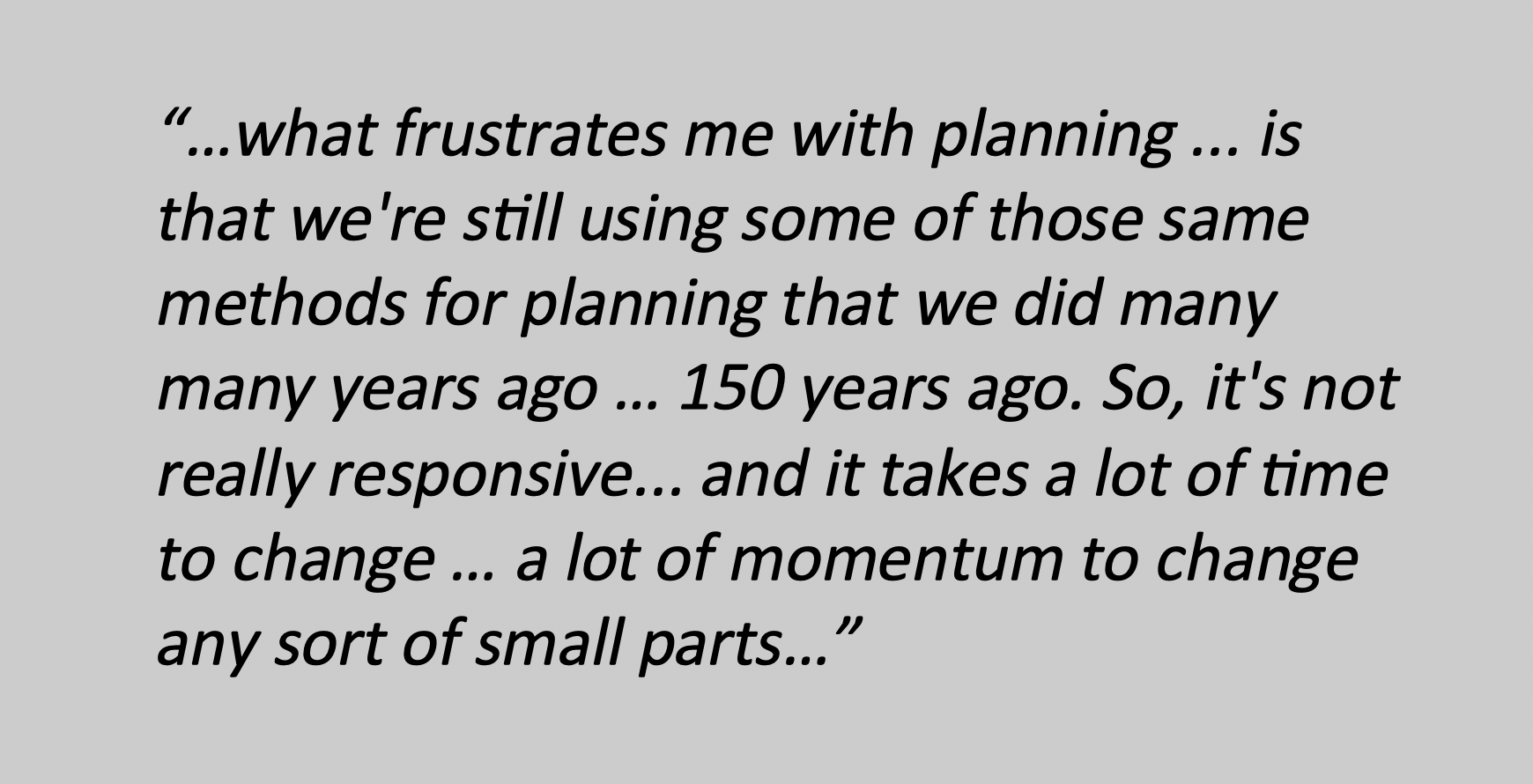City Know-hows

City makers need to stop making cities for ‘normal’ circumstances. Cities are liveable only when they can respond and reflect on and learn from disruptions and consequently adapt and change.
Share
Target audience
City-makers and urban policymakers
The problem
The Covid-19 Pandemic revealed the deficiency of the current planning systems in coping with disturbances and the inability of cities to maintain their level of liveability during the time of crises. Traditional interpretations of liveability tend to emphasise the quality of life, health and wellbeing of communities under ‘normal’ circumstances, and disregard the impacts of unexpected shocks and disturbances on cities.
What we did and why
The research focused on understanding the interface between the concepts of liveability and resiliency. The question for this paper is: ‘How can we plan liveable cities that are resilient to shocks, such as the Covid-19 pandemic?’
Our study’s contribution
The research highlighted the importance of integrating the concept of resiliency into liveability to develop cities that can sustain their liveability over time, specifically when disruptions happen. Cities need to increase their capacity to not only absorb shocks and respond quickly, but also, reflect on and learn from disruptions and consequently adapt and change. We need urban policies and plans that enable cities to adapt, survive and thrive and maintain the quality of life, health and wellbeing of citizens during and after crises.
Impacts for city policy and practice
Urban planning and policy needs to address the institutionalised inequities built into our cities through ‘local living’. Planning sustained liveable cities also requires to:
• Be ‘people centred’
• Apply ‘Integrated long-term planning’,
• Be ‘responsive and adaptable’,
• Ensure ‘future-proofing’
• Promote ‘sustainable development’
Further information
Full research article:
Related posts

Although the CASE and MAPs were supposed to be temporary shelters for displaced persons, after fourteen years, they have not received proper maintenance and are dilapidated. This scenario opens to the idea that living in these places could negatively affect different psychological aspects, including perceived urban quality and environmental well-being.

Urban greening interventions have been shown to increase the climate resilience of our cities and improve the health outcomes of residents. How can we use open data to target these interventions more effectively and maximise the benefits of increased greening?

Public health has historically been an important factor driving urban planning policy in England but is currently rarely a priority. We explore the factors behind this, try to explain them in the context of policy developments since COVID-19, and consider what needs to change at national policy level to support healthier placemaking in the future.